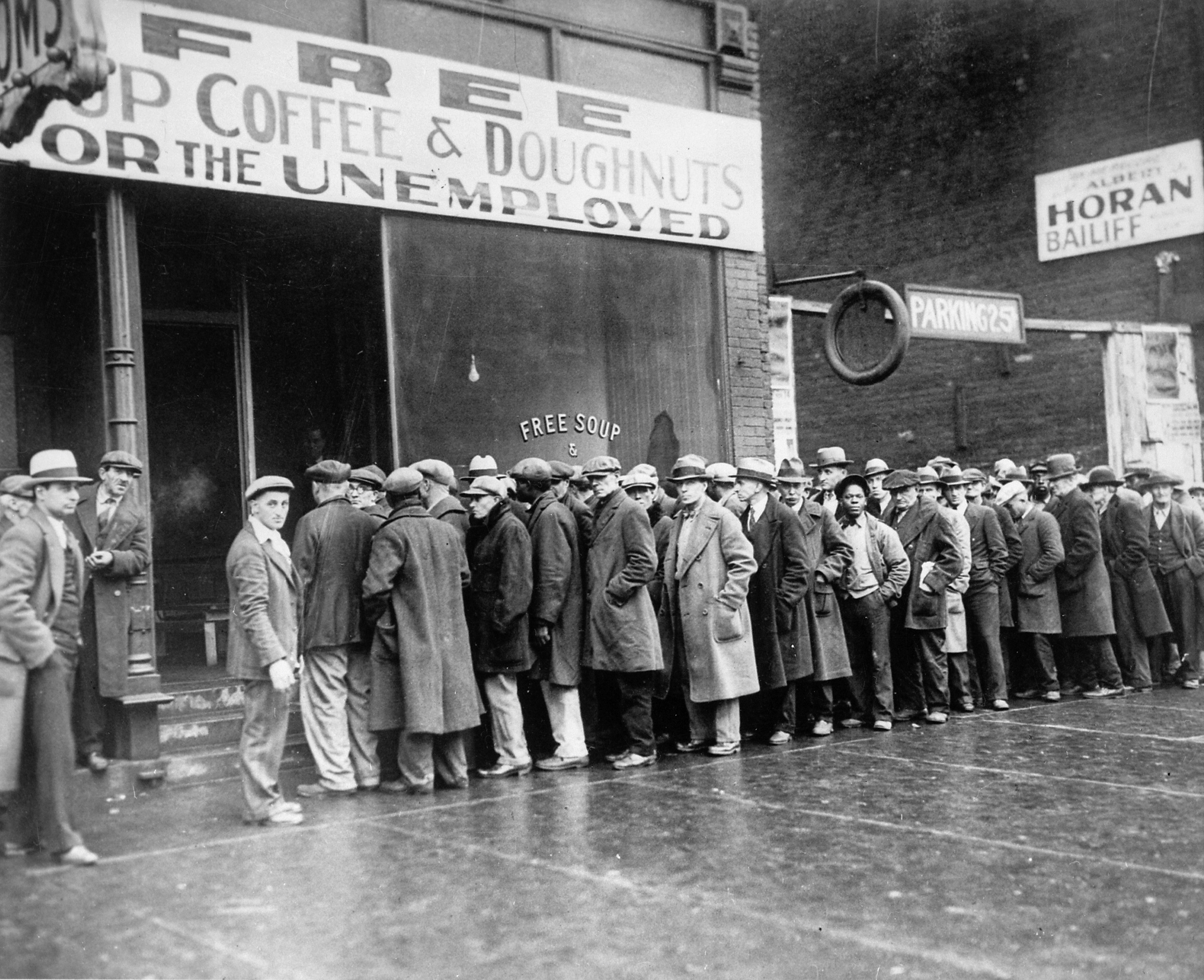
There's one big thing left out of the Murray-Ryan budget deal: unemployment insurance.
On December 28, federal jobless benefits expire for 1.3 million workers. These aren't normal unemployment benefits. These are the extended, emergency benefits meant to help the long-term unemployed.
A little-known fact about the economy is that short-term unemployment -- the percentage of the labor force unemployed for five weeks or less -- is back down to where it was before the recession. It's long-term unemployment -- which lasts more than 27 weeks -- where the crisis lingers.
No one has a very good answer for these workers. They're often stuck in areas of the country where jobs are scarce. They face a vicious cycle of employment discrimination in which employers don't want to hire them because they've been unemployed for so long, which in turn extends their unemployment and makes it even harder for them to find a job. And now we're just cutting them loose.
"If there was ever time to err on the side of overextending jobless benefits, it would be now," wrote Jim Pethokoukis at the conservative American Enterprise Institute.
But the political system isn't erring on the side of extending jobless benefits. It's erring on the side of further deficit reduction. The deal Murray and Ryan struck replaces a bit less than half of sequestration for this year and a lot less than half of sequestration for next year but it adds about $20 billion in fresh deficit reduction to the top.
Democrats wanted to add unemployment insurance to the deal but found Republicans implacably opposed. Which is to say that Republicans were able to add extra deficit reduction to the deal but Democrats weren't able to add help for the long-term unemployed to the deal. It's a reminder of where the political system's priorities are -- and a reminder that they're grossly out of line.
Wonkbook's Number of the Day: $85 billion. That's the size of Senator Patty Murray and Representative Paul Ryan's budget deal.
No comments:
Post a Comment